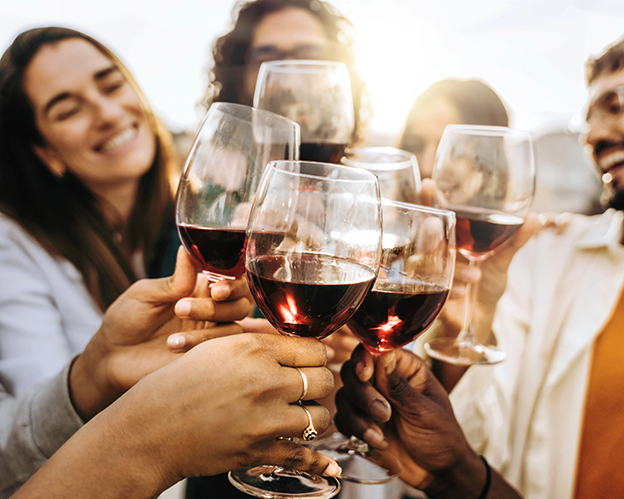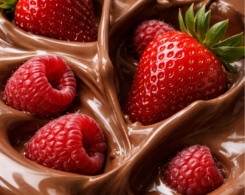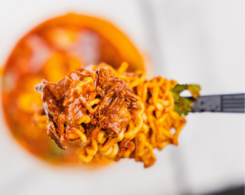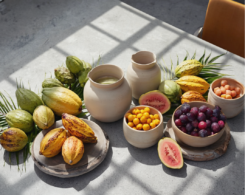The wine landscape keeps growing and changing
Have you also experienced the gift-giving conundrum during your holiday visits? Have you perhaps been wondering, which bottle will genuinely delight your hosts? Fortunately, surprising regions and new options are keeping winemakers’ offerings exciting. Overall, the wine industry anticipates a growth trajectory of 6.2% until 2028. Under-the-radar regions captivate budget-conscious consumers, shifting their focus from old-world wine to the Balkans. Climate change is adding wine regions by introducing northern vineyards and encouraging the use of climate-resistant grapes in established areas.
Southern European vineyards now get company of territories once thought too cold for viniculture, such as Scandinavia. UK vineyards have seen 400% growth in the last two centuries and secured protected status for sparkling wine in 2022. The country has even created a dedicated Cycle The Vineyards tour to promote tourism!


Creative swapping on the rise
Rising costs of living pinching your budget? Look at least lesser-known wine regions that offer more value than expensive and prestigious labels. Serious wine collectors willingly challenge their favorites, so you’ll likely please also the pickiest hosts! Supply chain topics have also made smart swapping more common. Jason Sorrell, representing Vineyard Brands, a US importer, observes enthusiasts of Sancerre turning to South African Sauvignon Blanc. UK wine critic Jancis Robinson considers the rise of Eastern European wines, Czechia (the Czech Republic), and Armenian sources. London-based EU online wine retailer 8Wines suggests wine enthusiasts consider exploring Valencia, Romania, and Moldova’s lesser-known wine regions. Experts are also seeing a growing demand for Georgian wines. Check out Cambridge Wines’ enthusiastic posts on cost-effective switches!
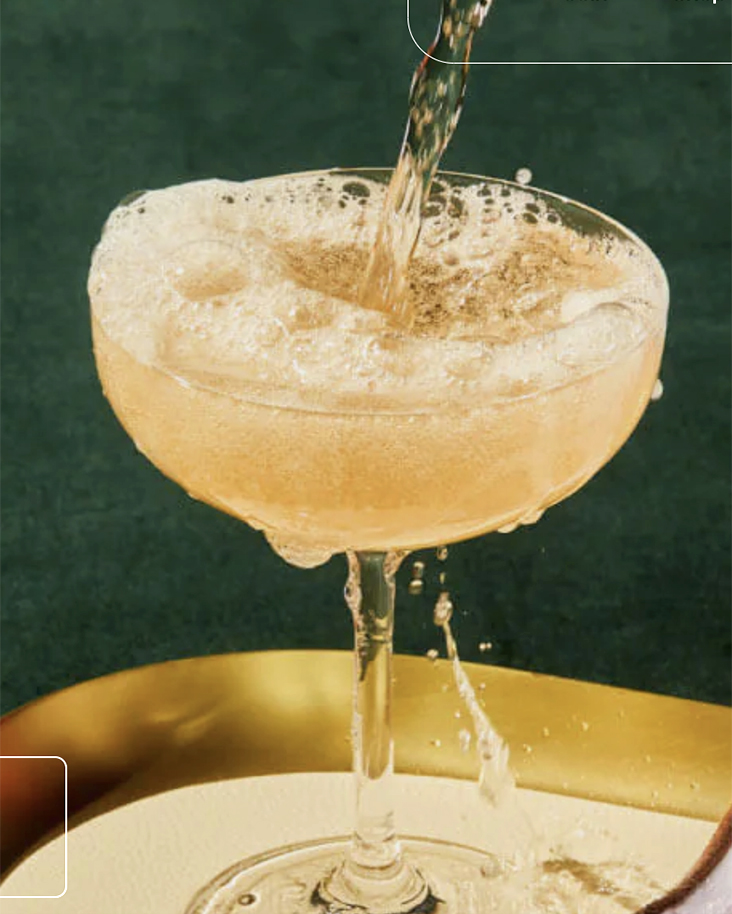
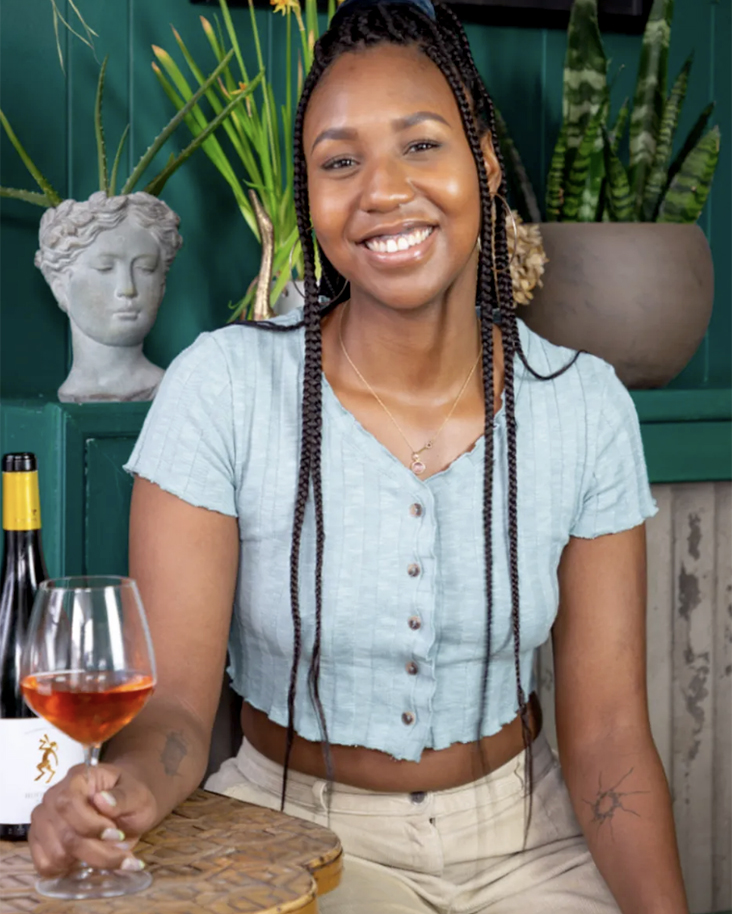
Sommeliers speak a new flavor language
New regions, grape types, and technologies result in innovative wine flavor notes and a less elite approach. For example, The Sip’s wine subscriptions speak to relatable flavor descriptors — ‘tastes like a cherry coke’ rather than ‘tastes like blackcurrant.’ The brand exists among several challenging the wine industry’s often Eurocentric or exclusive nature. Erica Christian, an American sommelier who hosts the Empowering the Diner supper-club series in Washington, D.C., says, “If you’ve never had apricot, I’m not going to be able to develop that in your brain.” She empowers guests by pairing wines with African diaspora cuisine and asking them to describe their flavor preferences creatively.
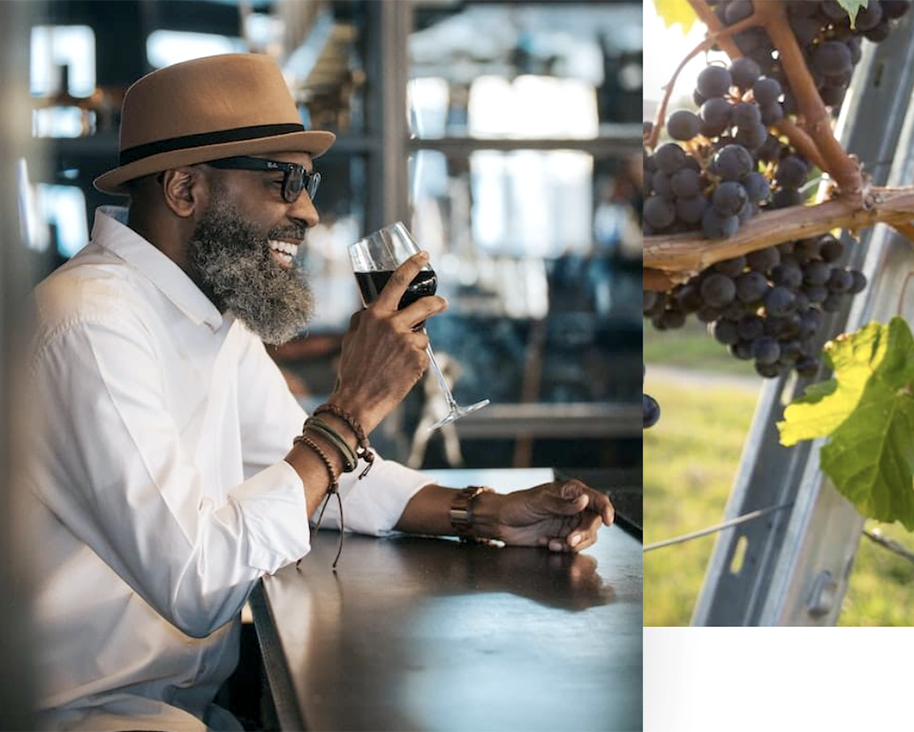
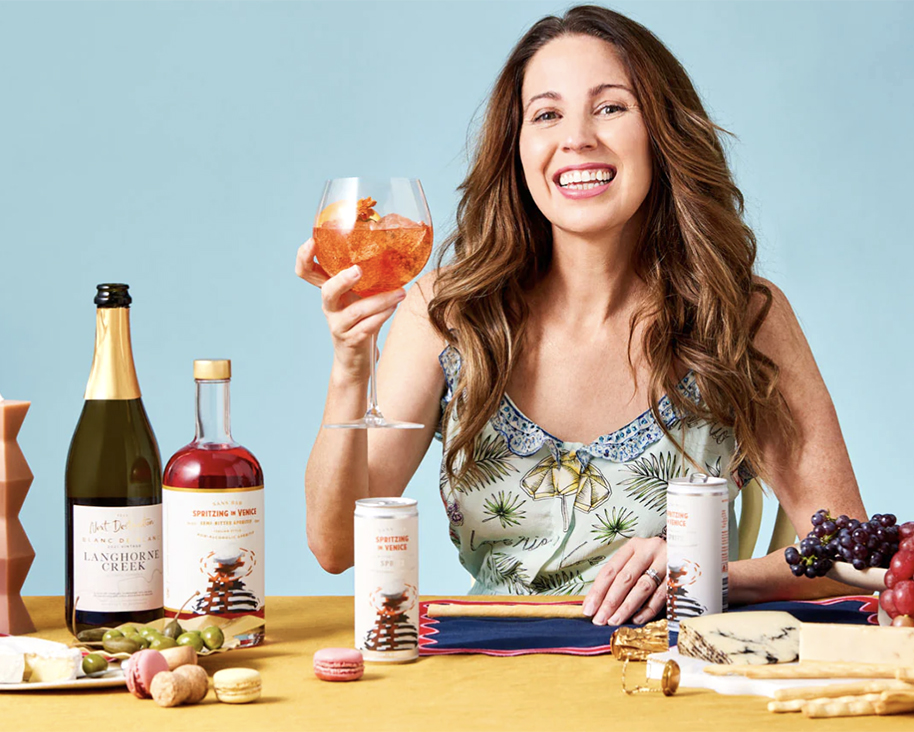
Champagne wishes and caviar dreams
In addition to the rise in UK sparkling wine offerings, the global sparkling wine category has been anticipated to grow 14% annually until 2025. While Champagne is often associated with northeast France, many prefer Crémant, Cava, and South Africa’s Methode Cap Classique for better value. Dr. Andreas Brokempers, CEO of Henkell-Freixenet, told Forbes that consumers recognize the diversity of sparkling wines, leading to more frequent consumption beyond toasting. For 2024, consider budget-friendly pairings of past caviar, like oysters, shellfish, simple fries, deep-fried chicken, salty cheeses, and olives.
Alcohol-Free Options
With New Year’s resolutions upon us and Dry January turning into Damp January for many, there are some fantastic alcohol-free choices. New Zealand’s Giesen 0% alcohol-free Sauvignon Blanc saw a 454% rise in shipments to the U.S. in 2022. Colorado Grüvi, which sells single-serve bottles, reported 300% annual growth. Alcohol-free bottle shops are increasing around the globe, from Sans Drinks in Sydney to Houston’s Sipple. After offers a magazine devoted to “non-drinkers, the sober curious, and anyone evaluating their relationship with alcohol.” The recently launched Adult Non-Alcoholic Beverage Association offers a tremendous resource for businesses seeking support in this burgeoning sector.
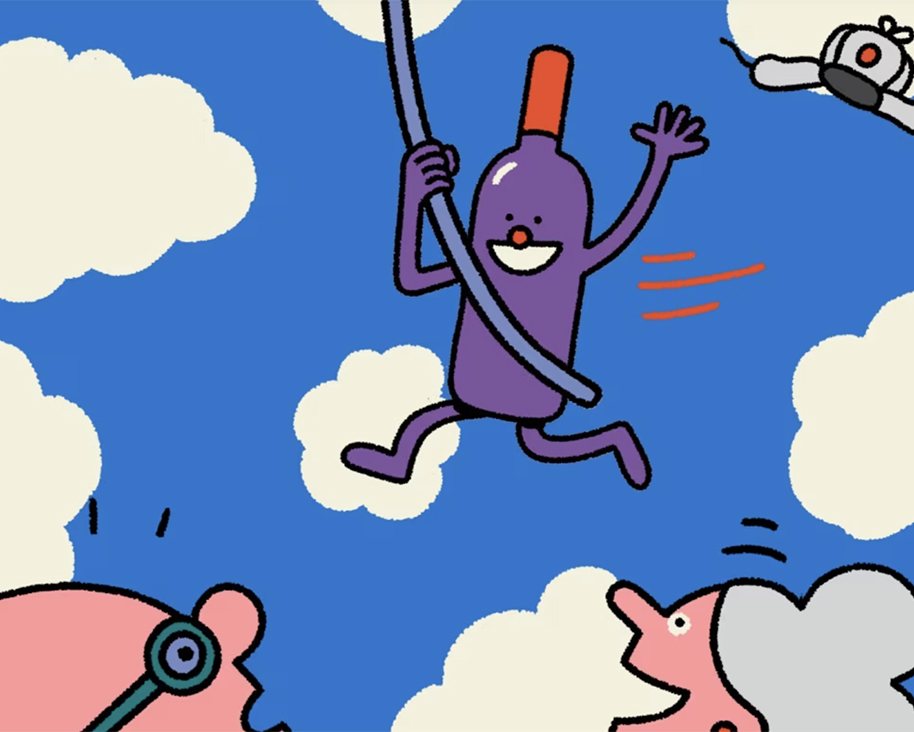
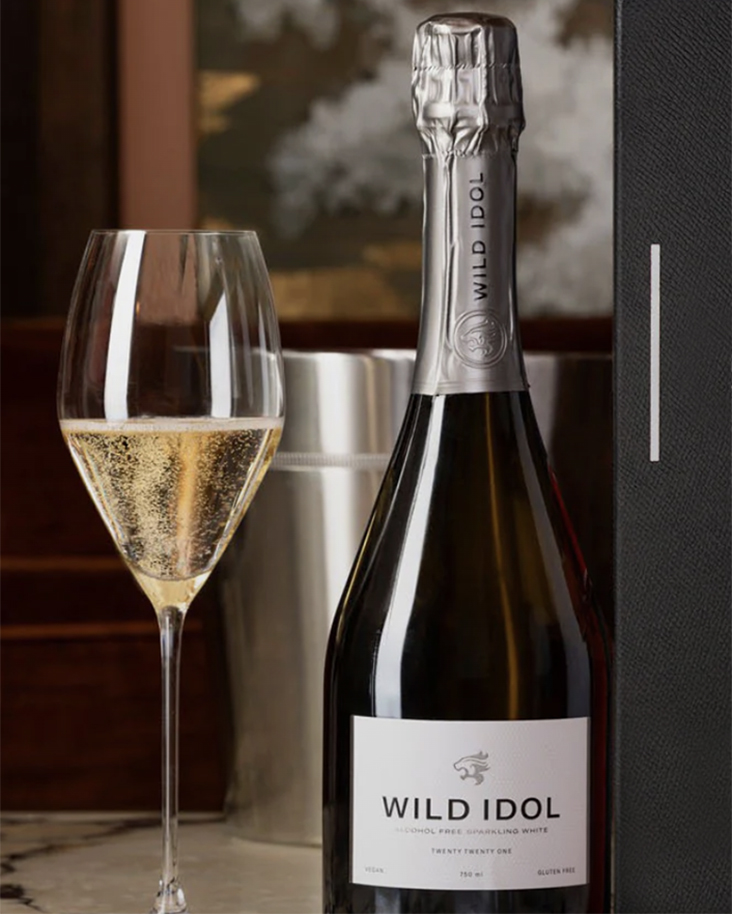
Fortunately, the preponderance of brands entering the space has brought on a new level of sophistication. French Bloom, known for organic, vegan, low-calorie white and rosé wines, raised $2.5 million and aims to sell one million bottles in 2023. UK-based Wild Idol offers de-alcoholized alternatives that do not undergo a fermentation process for a cleaner finish. Stocked in high-end retailers like Harrods and Michelin-starred restaurants, price points resemble Champagne (£30/$35). The former managing director of Champagne Lanson created the brand!
With wine enthusiasts celebrating new regions, tastes, and offerings, there has never been a better time to toast with friends and family. Let us know which options you plan to give and receive!

